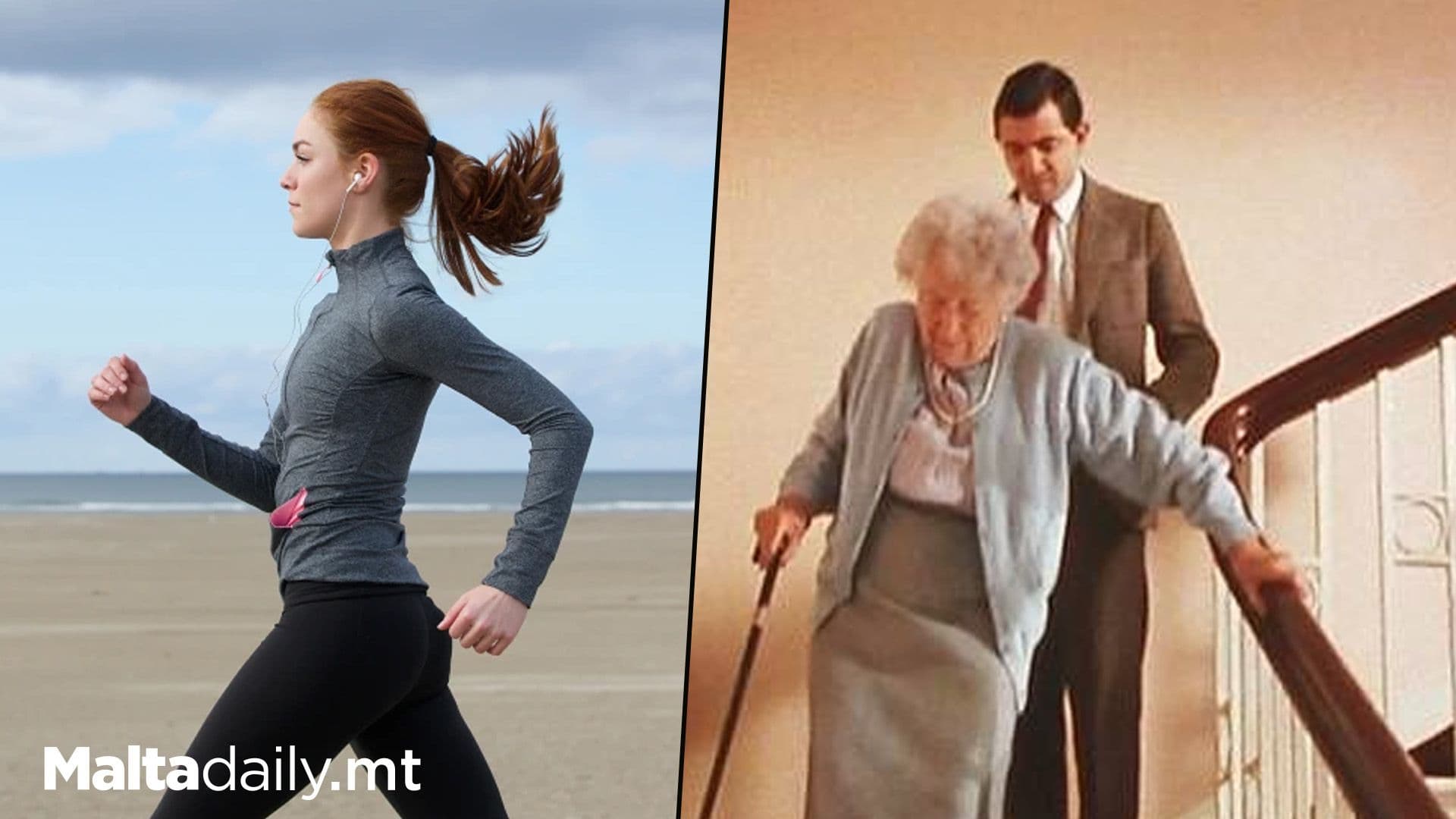People Who Walk Really Fast Are ‘Smarter’, Study Suggests

In this world, there are two distinct types of walkers: the leisurely slow walkers and the brisk, purposeful fast walkers.
Some people prefer a relaxed stroll regardless of the surroundings, while others navigate through bustling foot traffic with determination.
According to a recent study published in the Journal of the American Medical Association, fast walkers not only demonstrate higher intelligence but also age at a slower rate compared to their slower counterparts.
The study, conducted by scientists from Duke University in North Carolina, tracked over 900 individuals from childhood to 45 years old.
Results showed that fast walkers exhibited numerous advantages. By age 45, there was an average 16-point IQ difference favoring fast walkers, indicating higher cognitive abilities.
Interestingly, slower walkers displayed lower IQ scores, reduced emotional stability, and weaker motor skills even as toddlers.
Furthermore, slow gait correlated with compromised brain structure, including smaller brain volume, cortical thinning, and reduced surface area. This suggests that slow walkers face a heightened risk of dementia and accelerated brain aging compared to fast walkers.
So, the next time you briskly pass by slow walkers, remember—your pace might signify more than just speed; it could reflect a healthier brain and smarter disposition according to science.
#MaltaDaily



